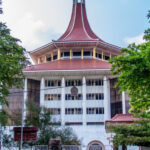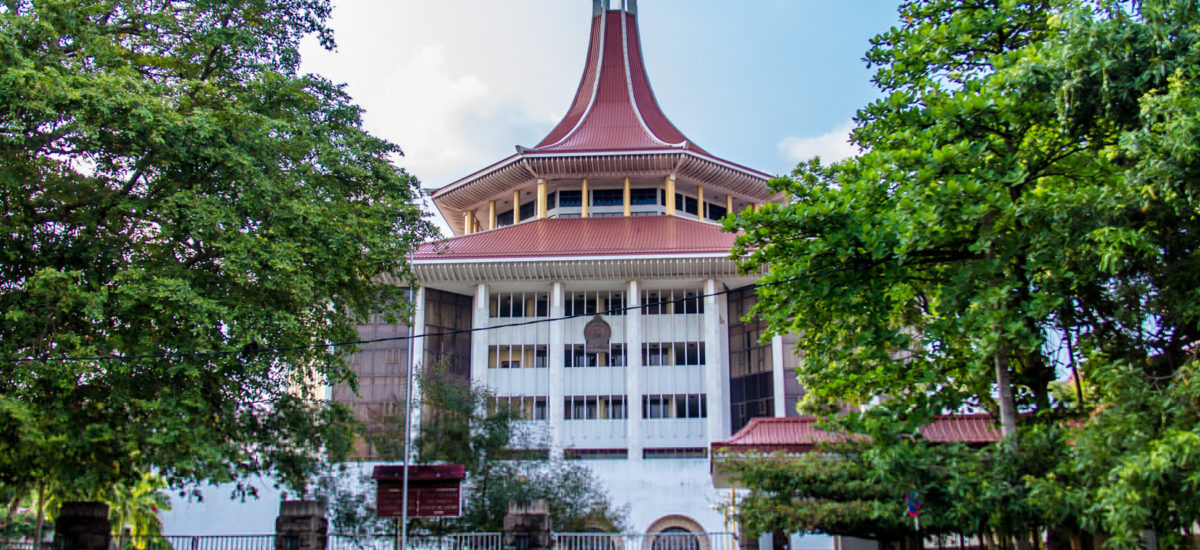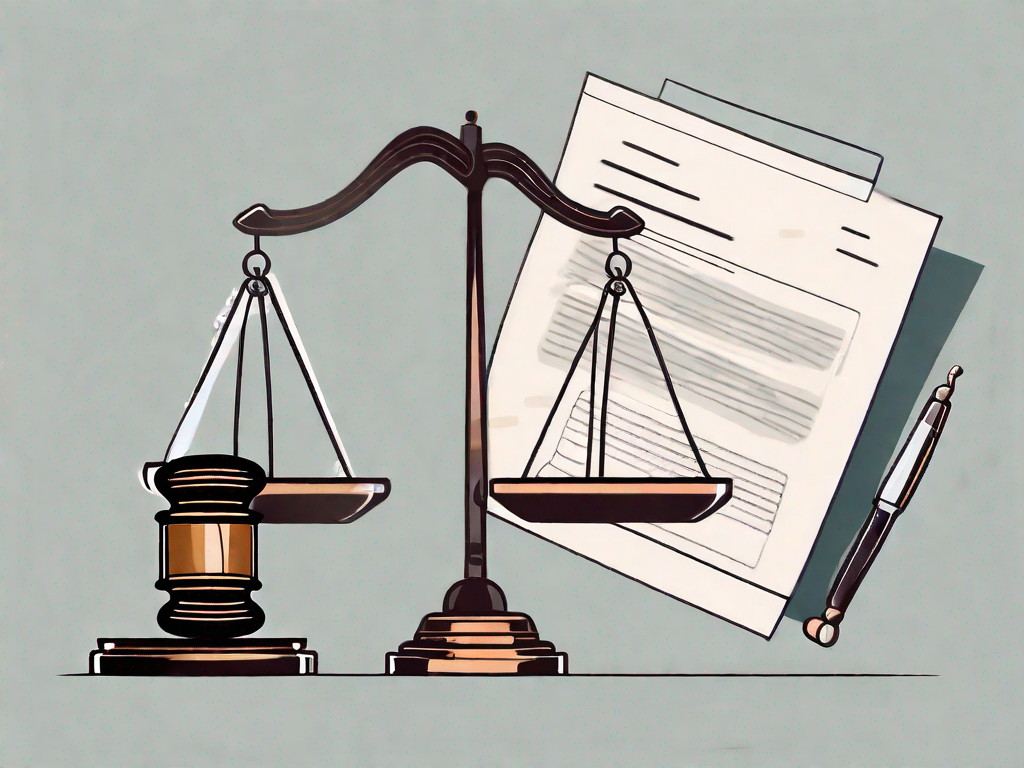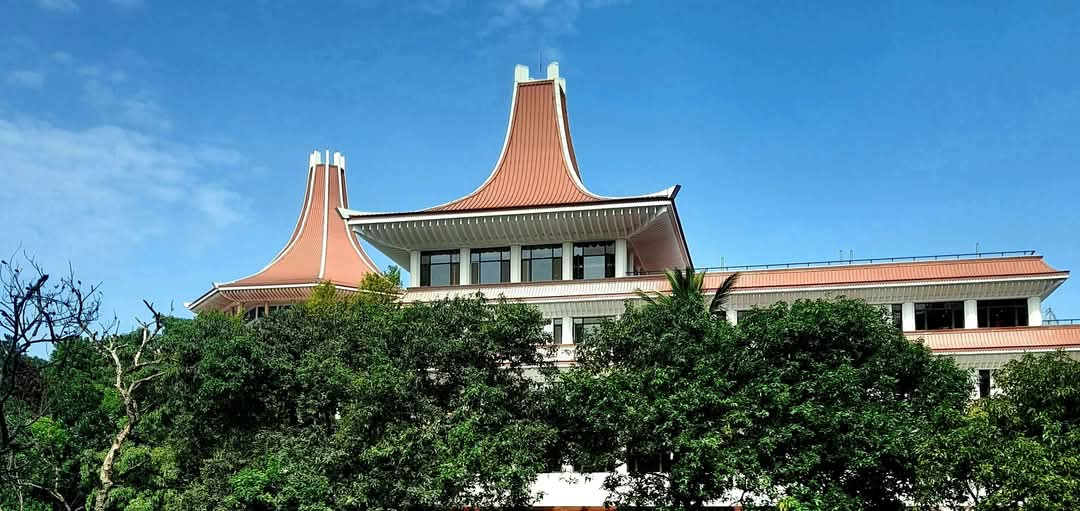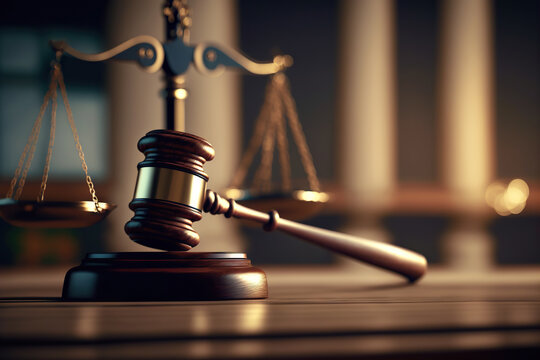Procedural Errors Alone Can’t Overturn Judgments at Appeal
“This is a Court of Justice, it is not an Academy of Law” – SC
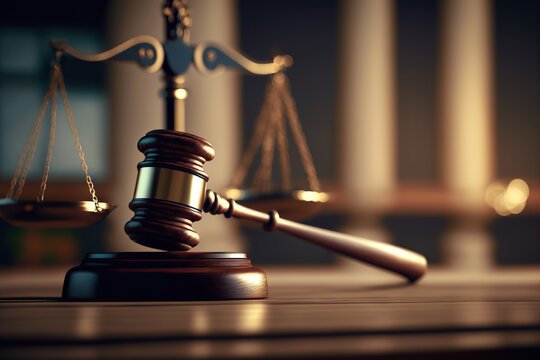
In a recent ruling, the Supreme Court has reinstated a District Court judgment in a land dispute case, emphasizing the primacy of constitutional rights and substantive justice over procedural technicalities. The case, which began in the District Court of Homagama, involved a plaintiff seeking a declaration of title to land, ejectment of the defendants, and damages.
After the death of the 1st defendant, her children (2nd to 5th defendants) continued to contest the case, claiming ownership through prescriptive possession. Although the District Court ruled in favor of the plaintiff, the High Court of Civil Appeal later overturned this decision, citing the plaintiff’s failure to substitute the deceased 1st defendant with her legal representatives as a procedural error.
The Supreme Court, however, set aside the High Court’s judgment, asserting that the procedural missteps did not infringe upon the constitutional rights of the parties or result in a failure of justice. The Court underscored that the 2nd to 5th defendants, who were already parties to the case and had actively contested it, did not suffer any prejudice due to the lack of substitution.
Drawing from Article 138(1) of the Constitution, the Supreme Court reiterated that no judgment should be reversed or varied based on procedural errors unless such errors prejudice the substantial rights of the parties or cause a failure of justice. This constitutional provision mandates that courts prioritize the delivery of substantive justice, ensuring that procedural technicalities do not undermine the fundamental rights guaranteed by the Constitution.
“…The wise words of Chief Justice Abrahams, expressed nearly nine decades ago in Vellupillai v. The Chairman, Urban District Council (1936) 39 NLR 464 at 465, echo in my mind: “This is a Court of Justice, it is not an Academy of Law.” I must state that none of the alleged “procedural errors” were raised before the District Court by the 2nd to 5th defendants.
…..They presented their case before the District Court as they had pleaded in their answer (which I narrated above) and raised issues and led evidence on that basis. Having failed the case on the merits in the trial Court, they cannot render the judgment nugatory by pointing out procedural defects for the first time before the appellate Court…..”
“….It is stated in Sir John Woodroffe & Ameer Ali’s Commentary on The Code of Civil Procedure, 1908 (Act No. 5 of 1908) (5th edn, Vol 1, 2009, Delhi Law House) at pages 1108-1109, that as a general rule, questions on technicality cannot be raised as substantial questions of law on appeal….” – Justice Mahinda Samayawardhena
Case No: SC APPEAL NO: SC/APPEAL/49/2014 [Decided on 29th August]
Before: Hon. Justice E.A.G.R. Amarasekara, Hon. Justice Achala Wengappuli and Hon. Justice Mahinda Samayawardhena

